10 Simple Home Remedies for Thrush
Natural solutions to help fight back against oral yeast infections

Thrush is an overgrowth of yeast (Candida) in the mouth and throat that appears as creamy white, slightly raised lesions. Anyone can get thrush, though it’s more common in babies, children, the elderly, and those with weakened immune systems. While antifungal medications are usually prescribed to treat thrush, many natural remedies found in your house can help fight back against thrush and support prevention. Here are 10 simple home remedies and preventative measures for treating thrush.
Salt
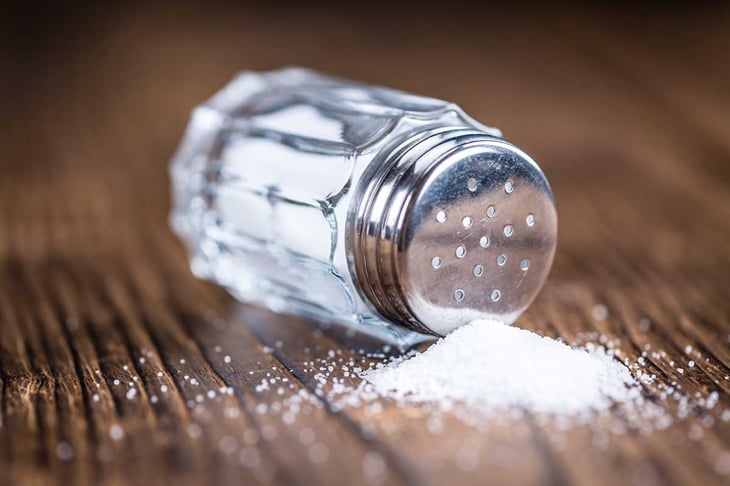
Salt has antimicrobial and cleansing properties that help kill yeast. Because of this, salt can help reduce a thrush infection and work to relieve symptoms, which may include soreness and discomfort. To use salt to help treat thrush, dissolve a ½ teaspoon in a cup of warm water, swish the mixture around in your mouth, and then spit it out and rinse.
Yogurt
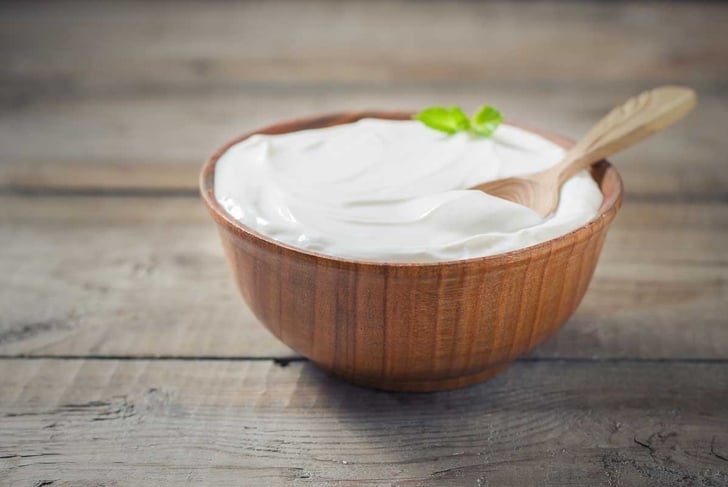
Thrush infections can result when your body’s microbiome doesn’t have enough good bacteria to fight off the infection. For this same reason, taking antibiotics can increase your risk of a thrush infection because—in addition to killing bad bacteria—it can reduce the number of good bacteria in your system. One way to support the population of good bacteria in your system is by eating yogurt, which contains probiotics.
Probiotic supplements
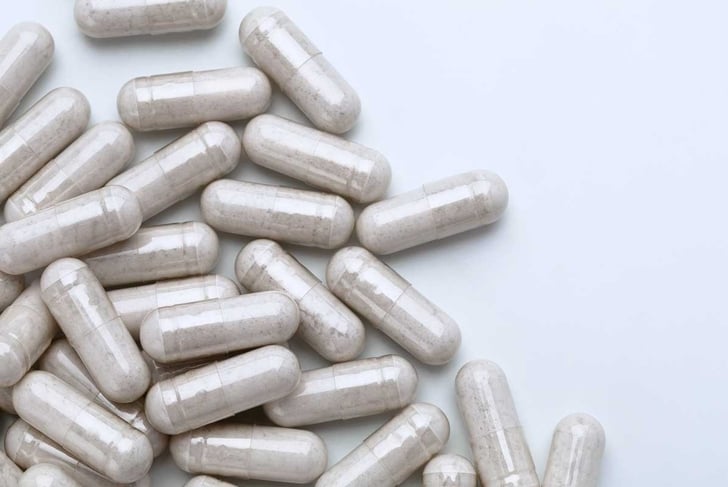
Another way to support a healthy microbiome is with probiotic supplements. Many studies have shown that probiotics can work as an efficient alternative treatment against thrush—even those strains resistant to some medications. Probiotic supplements come in many forms, such as pills, powders, and drinks, making them easy to incorporate into your daily routine. Probiotics can help boost your immune system and keep yeast populations from getting out of control to help prevent thrush infections.
Avoid sugar
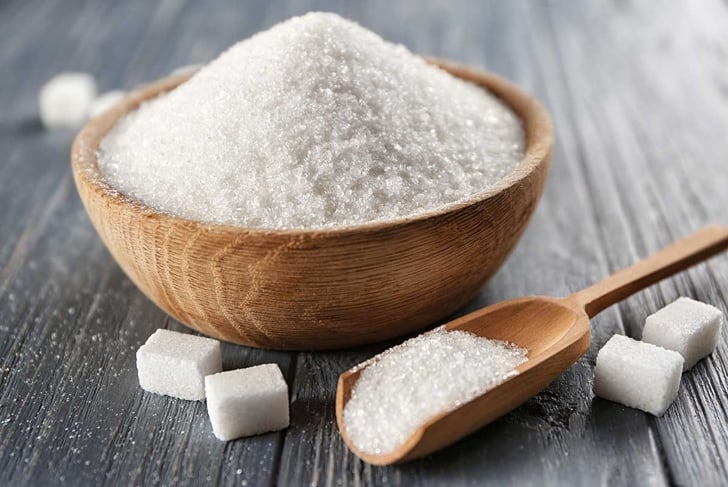
Sugar encourages yeast growth, so limiting high-sugar foods in your diet can also help you fight back against a thrush infection. For those with diabetes, yeast infections like thrush can be a particular problem if blood sugar is not well controlled. This can lead to high levels of sugar in saliva, sweat, and urine—helping yeast to grow all over the body. Check out this alive.com article for more information about diabetes.
Apple cider vinegar
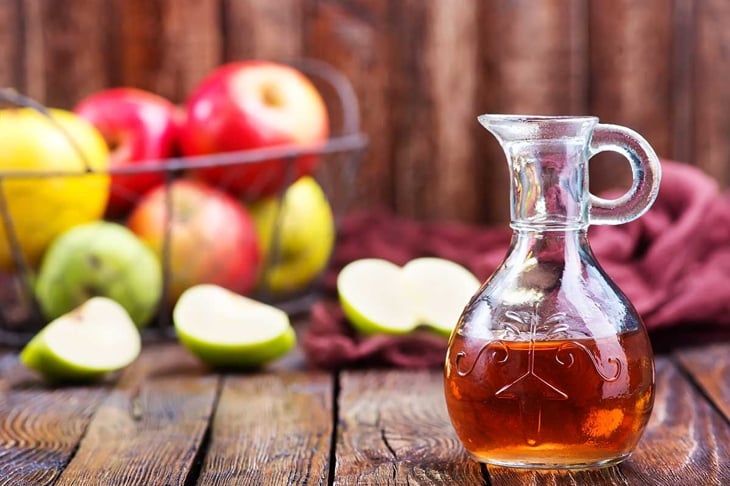
Much like a salt rinse, swishing diluted apple cider vinegar around your mouth can help reduce a thrush infection and ease symptoms. The acidic environment that apple cider vinegar creates makes it difficult for the yeast to survive. Further, apple cider vinegar has been shown to help reduce inflammation that can be caused by a thrush infection. Check out these other additional benefits of apple cider vinegar.
Cranberry
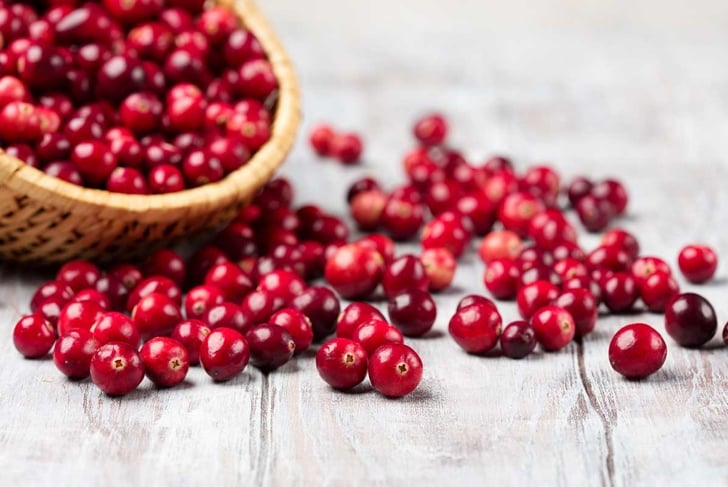
Cranberries and cranberry extract contain anti-adhesives that make it difficult for yeast to stick to the tissues in your mouth. This effect can help stop the worsening of existing infections and work to prevent future infections from occurring. You can use cranberries for thrush by drinking unsweetened cranberry juice or by taking it as an extract, available in the form of drops, powders, and capsules. Check out these other 10 reasons to eat more cranberries.
Cinnamon

With anti-yeast properties, cinnamon, its extracts, and its essential oil have been found to help control the Candida yeast that causes thrush. Cinnamon can also help create a biofilm that prevents yeast from sticking to the tissues inside your mouth. Further, it can help lower sugar levels in the blood that encourage yeast growth.
Coconut oil
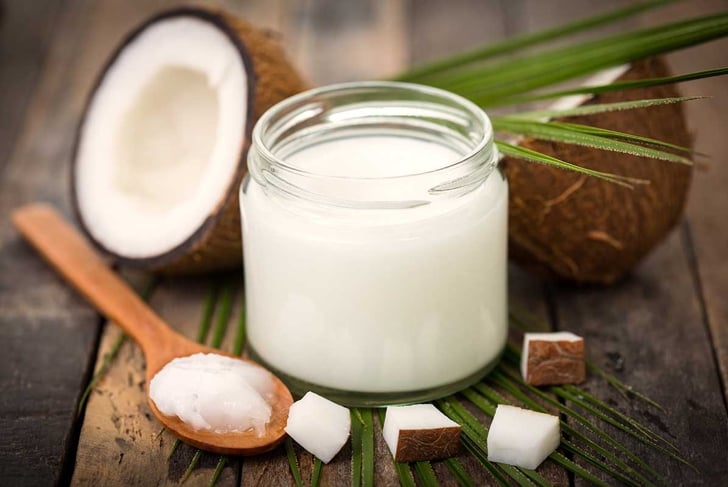
Coconut oil works as an antifungal agent and has been found effective in reducing yeast in the body. Coconut oil helps to physically remove yeast from the mouth through oil pulling, a traditional practice that involves swishing oil in your mouth to remove bacteria, kill remaining yeast, and improve oral hygiene. To try oil pulling, put about a teaspoon of coconut oil in your mouth, then swish it around for up to 20 minutes before spitting out and rinsing thoroughly. Check out this article for some other great uses of coconut oil.
Oil of oregano
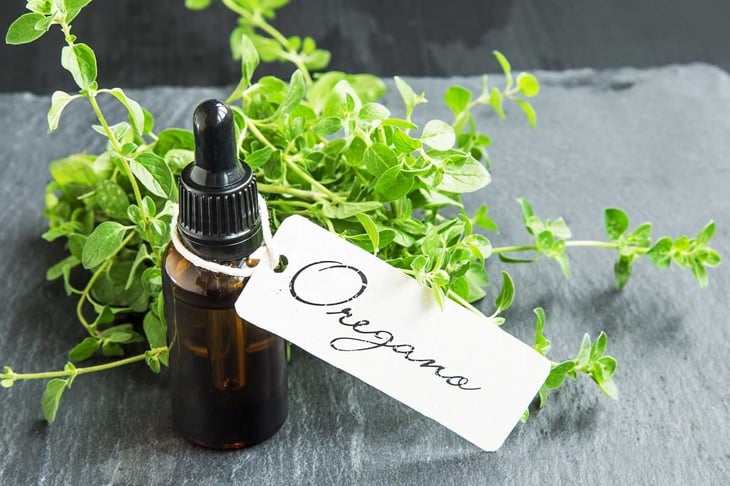
With its anti-fungal and anti-microbial properties, oil of oregano is often hailed for its many health benefits, including its ability to fight thrush. Microbiological studies have shown that oil of oregano is effective in inhibiting growth of several strains of Candida yeast. From cold and flu fighter to potential cancer therapy, find out more about the many benefits of oil of oregano here.
Healthy diet and lifestyle

In addition to eating a well-rounded, healthy diet, avoiding certain lifestyle factors can help prevent oral thrush. Stress, uncontrolled diabetes, smoking, and wearing ill-fitting dentures can all make a thrush infection more likely. Practicing good oral hygiene—brushing, flossing, and regular dental checkups—can also go a long way to helping prevent thrush infections.





